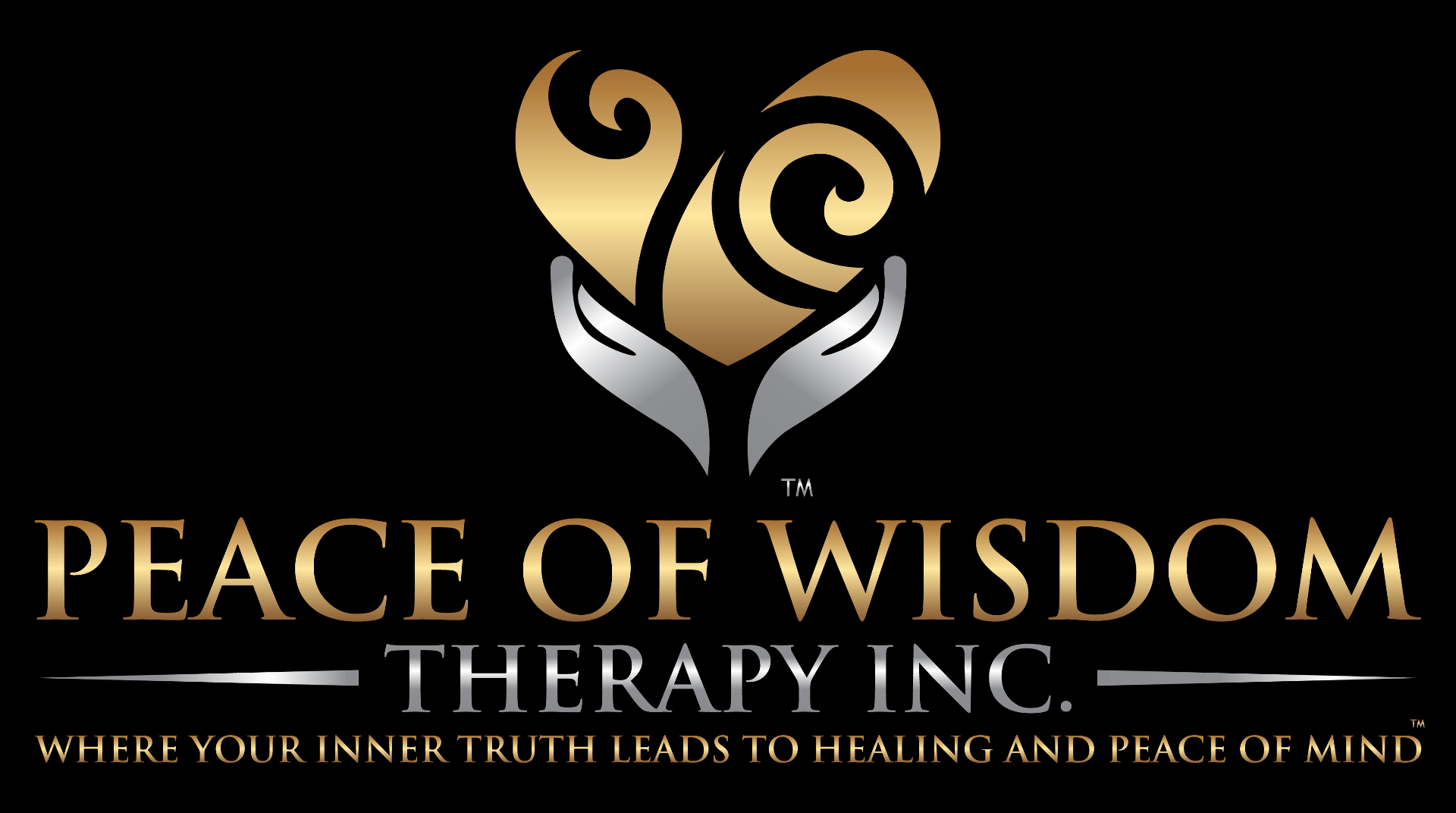Here’s How Social Isolation Affects Your Health

Many of us experienced social isolation during the 2020 shutdown. Most people won’t deny that those days and weeks were very hard. Many of our lives may have been changed for the better or for the worst.
Thankfully, life for the majority of us has returned to a place of contentment.
But for some, social isolation didn’t go away; it is now sadly a part of “normal” existence.
Common Causes of Social Isolation
There are a variety of circumstances that can cause you to be isolated from others, or to choose to isolate yourself:
- An abusive relationship – if you are in a toxic relationship, you may often choose to avoid contact with friends and family because you want to hide your reality from others.
- Grief – It is common to isolate after losing a loved one. This is particularly true for people who have lost many loved ones and friends.
- Mental health issues – Anxiety, depression and low self-esteem can often result in a desire to isolate yourself from the rest of society.
- Physical challenges – If you have limited mobility or other physical challenges, you may decide life is easier and safer at home.
The Effects of Social Isolation on Your Health
We know there is a strong mind-body connection.
*How we feel emotionally effects how we feel physically.
Studies are now revealing how social isolation can negatively impact our health.
Here are just some of the effects on your health:
- Reduced immune function
- Trouble sleeping (which leads to inflammation and a disruption of hormones)
- Poor cardiovascular health
- Poor cognitive function
- Greater chance of stroke
- Decreased wound healing
- Increased risk of dementia
- Higher risks of premature mortality
How to Deal With Social Isolation
If you are isolated from others for any reason, it is important to recognize you may be suffering mentally, emotionally, and/or physically.
Here are 4 ways you can effectively handle the situation:
1. Practice self-care– taking walks, getting a massage, taking a vacation, spedning time with people who love you and you enjoy their company are some ideas to consider.
2. Get outside– studies have shown that being in nature significantly improves your mental health wellbeing.
3. Reconnect with hobbies and interests– this often helps you have a better sense of love for yourself and enhances your relationship with You.
4. Get help– sometimes it is tremendously valuable to get the support of someone who can care for you without judgement and encourage you to take inspriational actions that change your life for the better.
If you would like to speak about your anxiety or depression caused by isolation as well as the reasons for the isolation, please reach out to me.
The phone consultation is free.
I offer online therapy for those who feel more comfortable accessing help from home.
SOURCES:
Understanding the Effects of Social Isolation on Mental Health
https://www.webmd.com/mental-health/social-isolation-mental-health
https://www.medicalnewstoday.com/articles/isolation-and-mental-health


